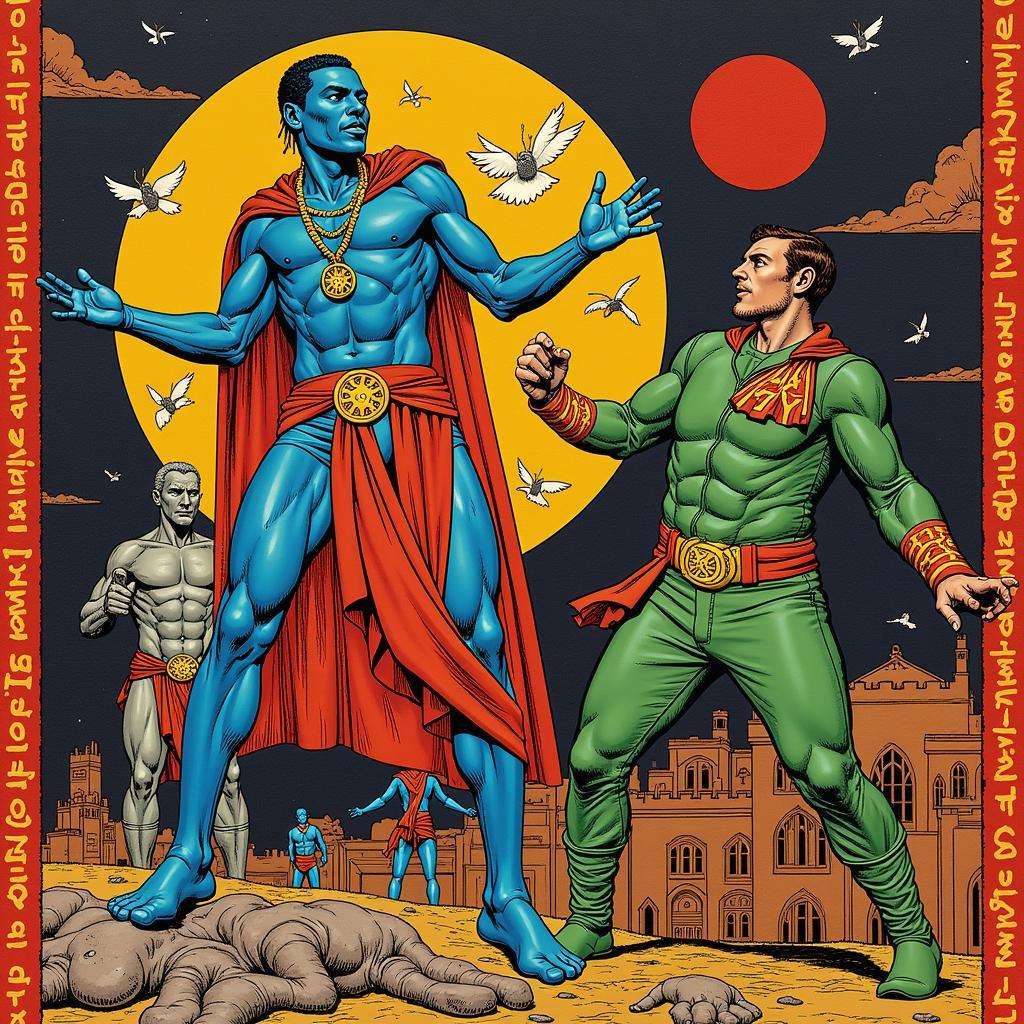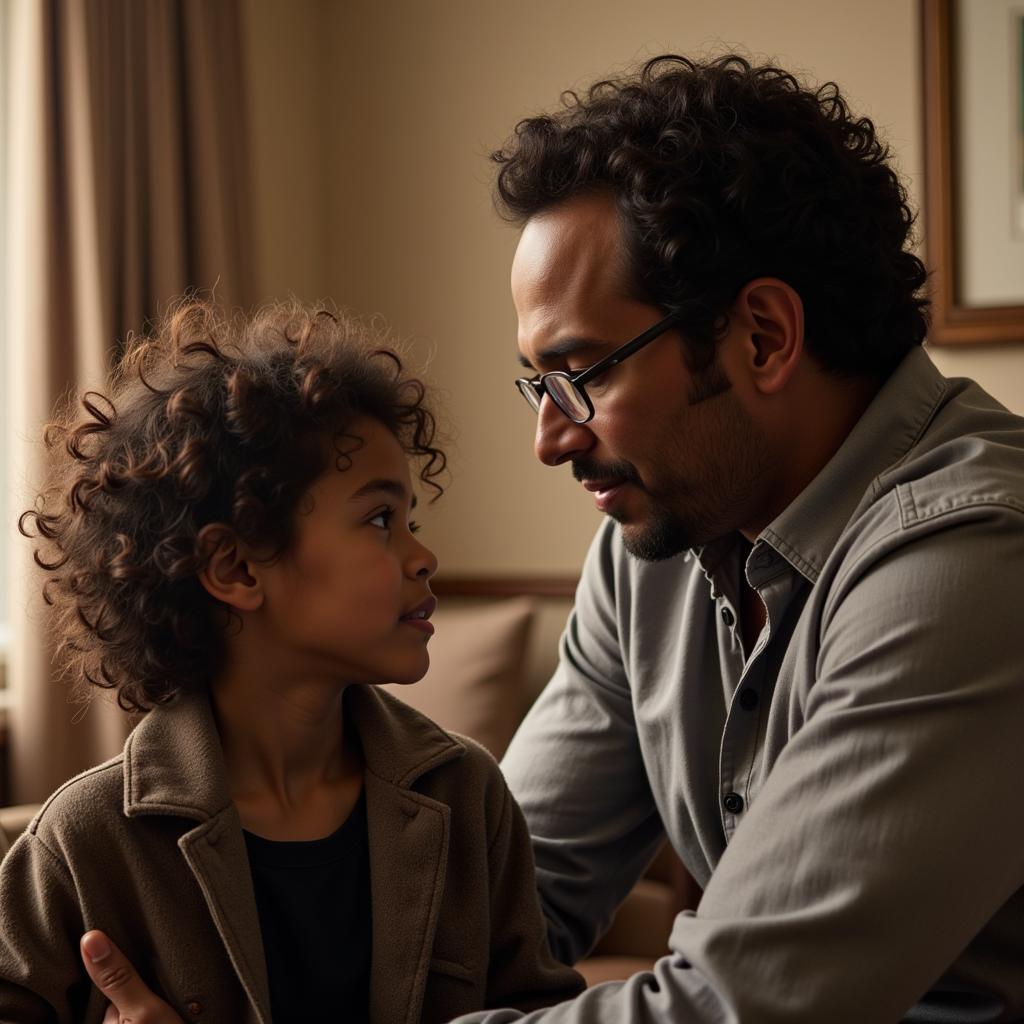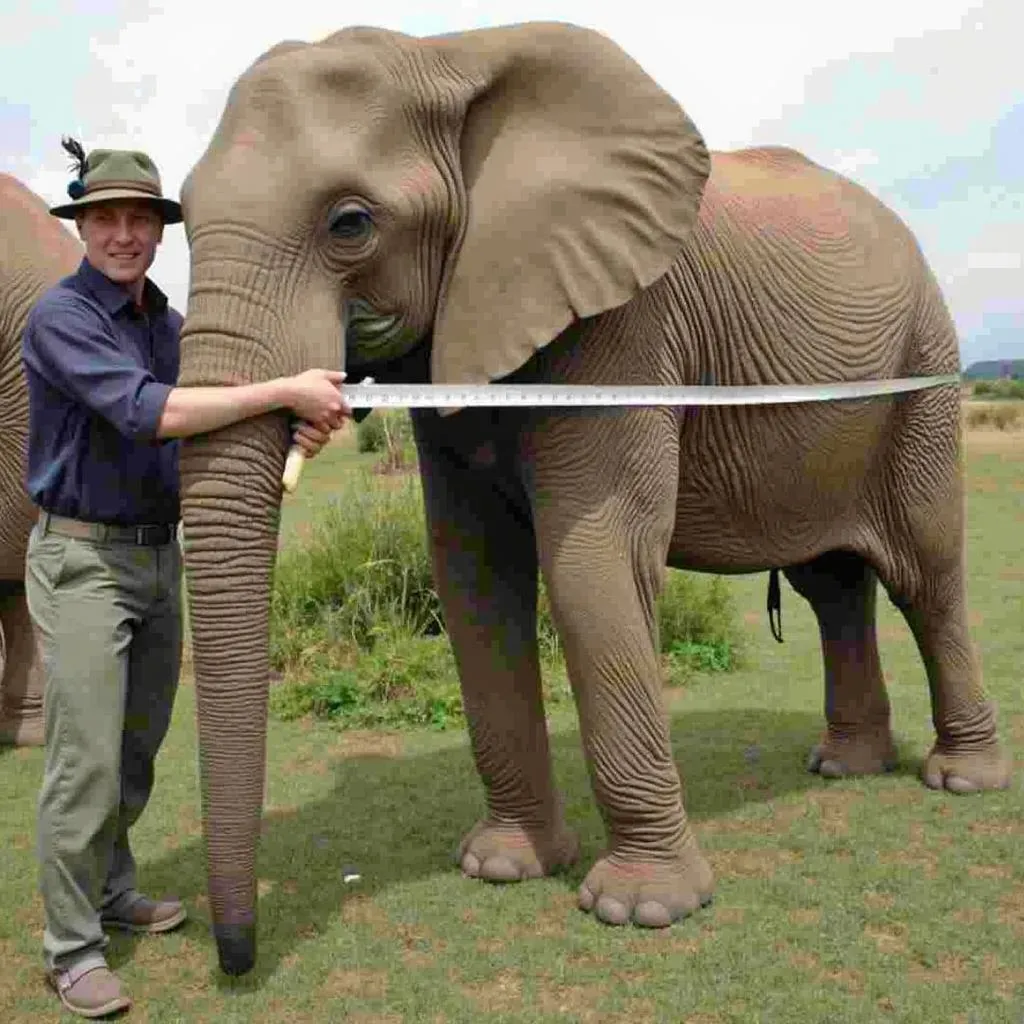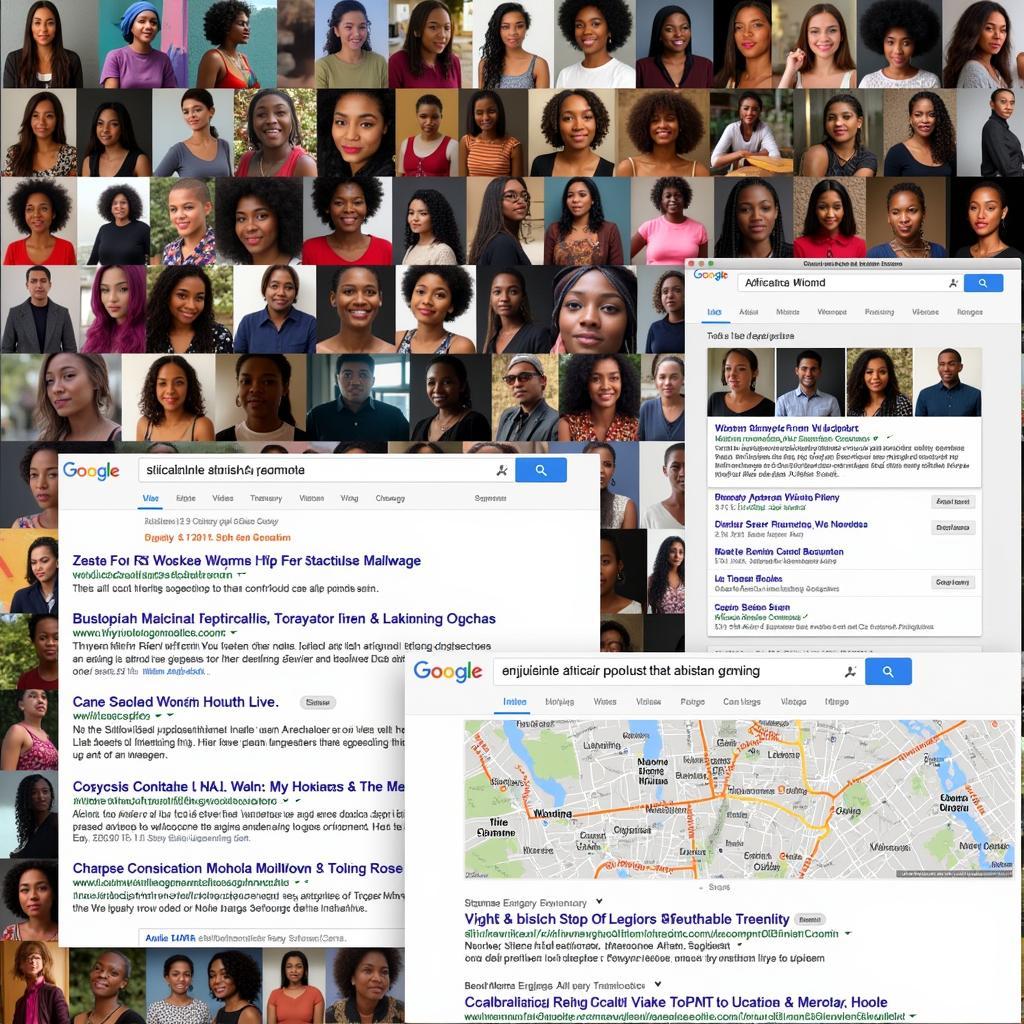Unveiling the African Caped Crusader: Myths, Legends, and Modern Interpretations
The African Caped Crusader, a term often used in contemporary discussions about African superheroes and their cultural significance, represents a burgeoning field of exploration in comics, film, and literature. It encapsulates the rising tide of African narratives that challenge Western dominance in superhero storytelling and offer a fresh perspective rooted in the continent’s rich history and diverse cultures.
Who is the African Caped Crusader?
The idea of an “African Caped Crusader” isn’t tied to a single individual but encompasses a diverse array of characters emerging from across the continent. These figures often draw inspiration from traditional folklore, mythology, and historical figures, reimagining them for a modern audience. These characters, while varied in their abilities and origins, often share a common thread: a deep connection to their African heritage. This connection manifests in their costumes, their powers, and the narratives they inhabit. They grapple with issues specific to the African context, such as colonialism, corruption, and the challenges of post-independence nation-building.
Exploring African Superhero Archetypes
Several distinct archetypes are emerging within the realm of the African Caped Crusader. Some characters embody the wisdom and spiritual power of traditional healers, channeling ancestral energies to protect their communities. Others draw on the strength and cunning of legendary warriors, wielding ancient weapons and fighting techniques to combat injustice. Still others represent the resilience and ingenuity of ordinary Africans, utilizing their intellect and creativity to overcome adversity. This diversity in representation is crucial, reflecting the vast tapestry of cultures and experiences that make up the African continent.
The Influence of Oral Traditions
African storytelling traditions, particularly oral narratives, have deeply influenced the development of these characters. Folktales featuring tricksters, shapeshifters, and powerful spirits provide a rich source of inspiration, allowing creators to tap into a pre-existing wellspring of imaginative characters and narratives. These stories often carry moral lessons and cultural values, which are seamlessly integrated into the modern superhero narratives. This connection to oral traditions provides a sense of authenticity and cultural grounding that resonates with African audiences.
The Rise of African Comics and Film
The increasing visibility of the African Caped Crusader is linked to the growth of the African comic book and film industries. Independent publishers and filmmakers are challenging the long-held dominance of Western narratives, creating original content that reflects African perspectives and experiences. This burgeoning creative scene is fostering a new generation of African storytellers who are pushing boundaries and reshaping the landscape of superhero narratives.
 Dynamic action scene of an African Caped Crusader fighting against injustice, incorporating elements of Afrofuturism.
Dynamic action scene of an African Caped Crusader fighting against injustice, incorporating elements of Afrofuturism.
Dr. Aboubakar Fofana, a renowned anthropologist specializing in African folklore, notes: “The rise of the African Caped Crusader reflects a growing desire for self-representation within the global cultural landscape. These characters provide a powerful platform for African voices to be heard and for African stories to be told on a global stage.”
Why is the African Caped Crusader Important?
The emergence of the African Caped Crusader signifies a significant shift in the cultural landscape. These characters challenge the traditional, Western-centric portrayal of superheroes, offering a more diverse and inclusive representation. They provide positive role models for African youth, inspiring them to embrace their heritage and imagine a future where they can be the heroes of their own stories. Furthermore, these characters offer a unique lens through which to explore complex social and political issues facing the continent, sparking important conversations about identity, justice, and the future of Africa.
The Future of the African Caped Crusader
The future of the African Caped Crusader looks bright. With the continued growth of African creative industries and the increasing demand for diverse representation in media, we can expect to see even more compelling characters and stories emerge from the continent. These characters will undoubtedly continue to challenge conventions, inspire audiences, and contribute to a more vibrant and inclusive global cultural landscape.
 A group of African children looking up in awe at the African Caped Crusader, symbolizing hope and inspiration.
A group of African children looking up in awe at the African Caped Crusader, symbolizing hope and inspiration.
Professor Amina Diallo, a leading expert in African literature, adds: “The African Caped Crusader offers a powerful counter-narrative to the often stereotypical portrayals of Africa in Western media. These characters embody strength, resilience, and ingenuity, showcasing the rich diversity and cultural complexity of the continent.”
Conclusion
The African Caped Crusader represents a powerful and evolving force in popular culture. By drawing on the rich tapestry of African traditions, these characters are reshaping the superhero narrative and inspiring a new generation of storytellers and audiences alike. The continued development and exploration of these characters will undoubtedly play a significant role in shaping the future of African storytelling and its impact on the global stage. The African Caped Crusader is not just a character; it’s a symbol of hope, resilience, and the power of African narratives.
FAQs
- Are there any well-known African Caped Crusader characters? Yes, although the term is broad, characters like Anansi from West African folklore and more modern creations are gaining recognition.
- Where can I find African comics? Independent publishers and online platforms are increasingly showcasing African comics.
- Are there any African superhero movies? Yes, the African film industry is producing more superhero-themed content.
- How do African Caped Crusaders differ from Western superheroes? They often draw inspiration from African folklore, mythology, and social-political contexts.
- Why is it important to have African superheroes? They provide positive representation for African audiences and offer diverse perspectives within the superhero genre.
- How does the African Caped Crusader promote African culture? Through costumes, powers, and narratives rooted in African traditions and values.
- What is the future of the African Caped Crusader? The increasing demand for diverse representation points towards a bright future for African superheroes.
When you need assistance, please contact us at Phone: +255768904061, Email: kaka.mag@gmail.com, or visit our address: Mbarali DC Mawindi, Kangaga, Tanzania. Our customer service team is available 24/7.


